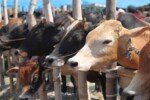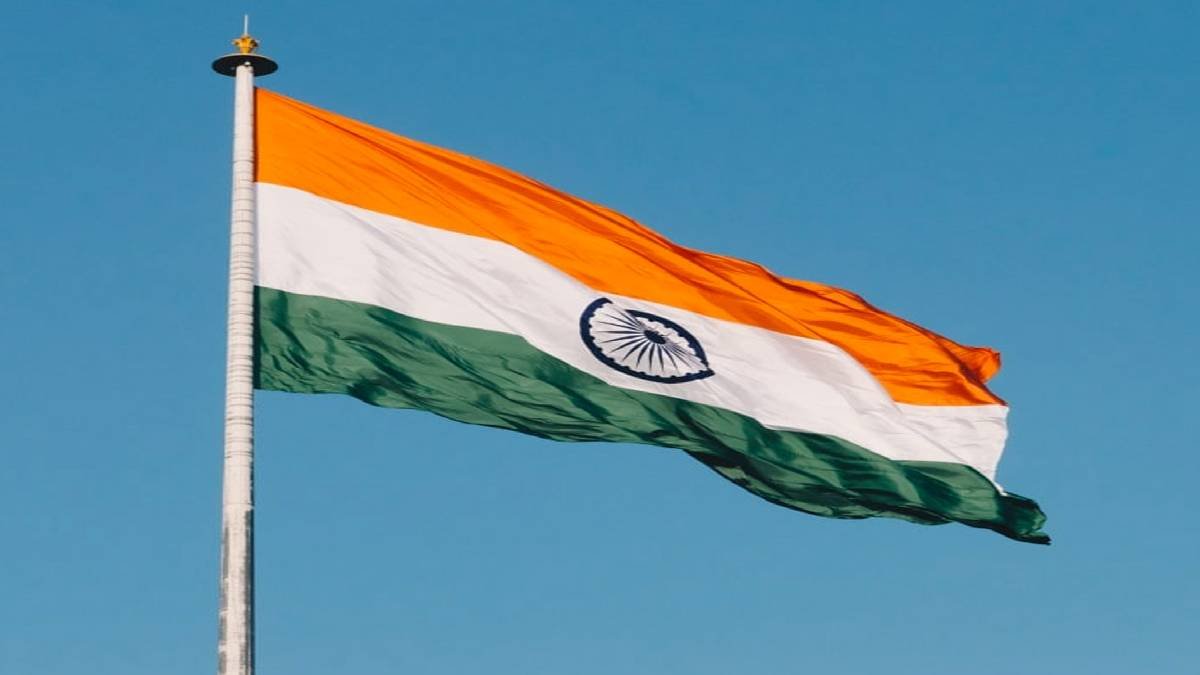HT Bureau
GUWAHATI, June 15: Assam Chief Minister Himanta Biswa Sarma on Sunday said that the state government would continue the cracking down on anti-social elements as this has deep root since post-independence days.
He said, “We have already taken action. Assam is a very critical state. The anti-national elements will not stop their activities only after my warnings because these have been going on since the days of independence. Therefore our campaign against this will not over.”
Meanwhile, Sarma also said that the Lakhipur Police in the Goalpara District have arrested five individuals for allegedly throwing beef near a temple in a deliberate attempt to incite communal tension post Eid-ul-Zuha.
The arrested persons have been identified as Bodir Ali, Hazarat Ali, Tara Mia, Shajamal Mia and Jahangir Alom. All the arrested persons are the residents of Khakilamari locality under the Lakhipur police station.
“A case has been registered and strict action is being taken to ensure all such elements face the full force of the law,” the Chief Minister said.
The incident follows another major law enforcement action in western Assam’s Dhubri town, where 38 individuals were arrested during an overnight crackdown on Saturday. The arrests came just a day after Sarma’s visit to the area, which has witnessed communal disturbances since Eid al-Adha.
Tensions in Dhubri escalated on June 8 and 9 after suspected cattle remains were found in a temple, triggering unrest. Police have registered five FIRs relating to three separate incidents, including the alleged cow slaughter, rioting, and the spread of misinformation. Twenty-two people had initially been arrested in the aftermath.
The FIRs cite violations under the Assam Cattle Preservation Act and several sections of the Bharatiya Nyaya Sanhita, including those dealing with defiling places of worship, promoting enmity between groups, criminal conspiracy, and acts intended to outrage religious sentiments.
Authorities have intensified surveillance and law enforcement measures in the region to prevent further flare-ups.












